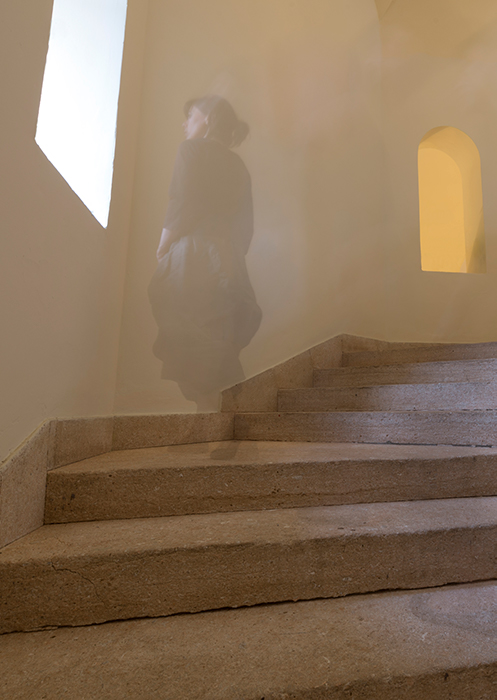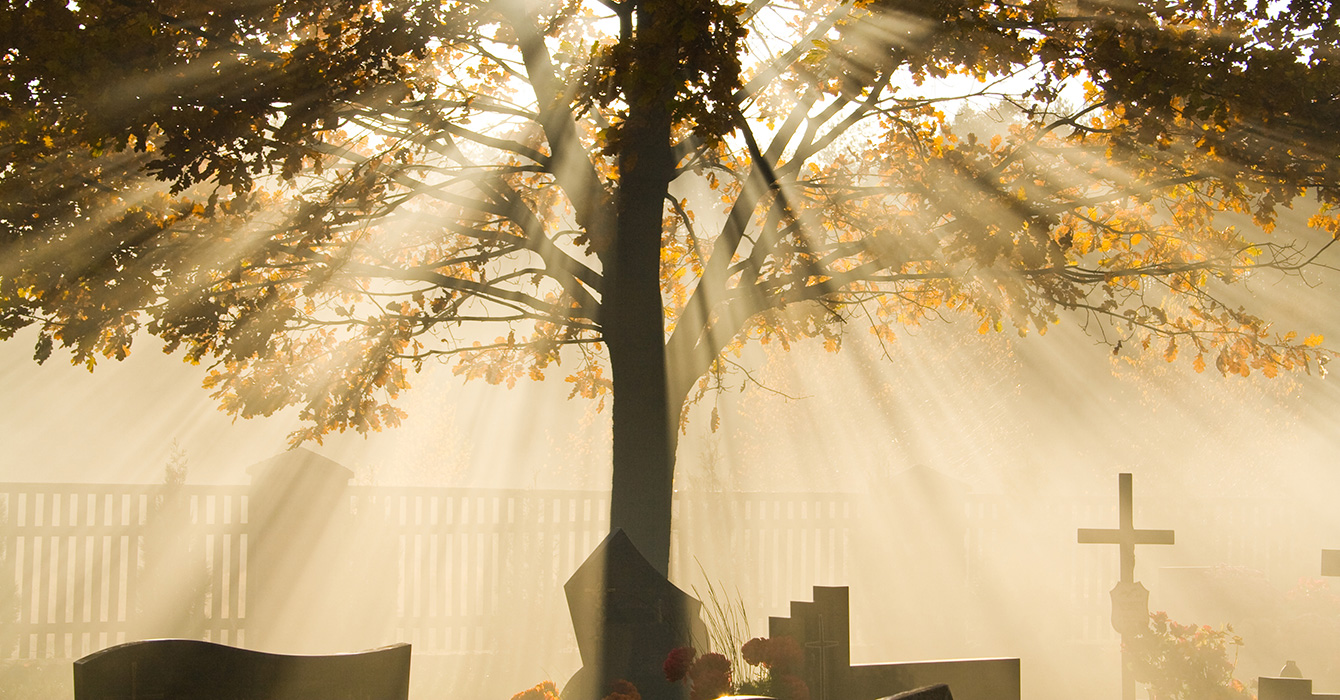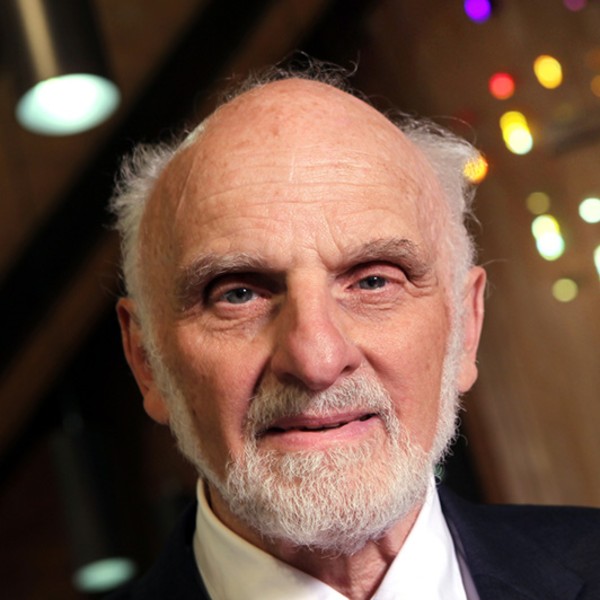What makes someone a saint? There’s a charming hymn for the holy day, “I Sing a Song of the Saints of God,” that is often performed by children’s choirs. The lyrics list the occupations of people who are saints — “One was a doctor, and one was a queen, and one was a shepherdess on the green. … They lived not only in ages past; there are hundreds of thousands still. … You can meet them in school, or in lanes, or at sea, in church, or in trains, or in shops, or at tea; for the saints of God are just folk like me.”
While I love the image of tea-drinking saints, I’m not exactly sure that’s what ancient Christians had in mind when they began venerating their courageous forebears who risked their lives and often died because of their faith.
A couple of the hymn’s lines hint at something more than charm: “They loved their Lord so dear / and God’s love made them strong / and they followed the right, for Jesus’ sake / the whole of their good lives long.”
There’s a good deal of confusion these days about what it means to follow the “right.” Ideas of right and wrong have been caught up and co-opted by partisan politics, with right-wing groups claiming their interpretation of Christian ethics is singularly true. If you ask a secular person what it means to follow Jesus, they will most likely say that a Christian is an exclusivist bigot who hates women and gay people, embraces wealth as a sign of God’s approval, believes in a vindictive warrior God, and who votes for authoritarian strongmen like Donald Trump. Oh, and don’t forget — they believe that everyone except Christians will go to hell after they die.
I’m sorry to say that this isn’t just a stereotype. Far too many Christians think following Jesus is, indeed, some version of exactly this. People who aren’t Christians didn’t invent it. This is what they see.
Of course, other Christians see it as well and find it equally offensive. Some of us take umbrage at this version of “sainthood” because Jesus taught none of this. Indeed, he taught just the opposite.
A traditional reading for All Saints’ Day is Matthew 5:1-12, considered to be Jesus’s central ethical teaching, known by the shorthand name: the Beatitudes.
When Jesus saw the crowds, he went up the mountain; and after he sat down, his disciples came to him. Then he began to speak, and taught them, saying:
Blessed are the poor in spirit, for theirs is the kingdom
of heaven.
Blessed are those who mourn, for they will be comforted.
Blessed are the meek, for they will inherit the earth.
Blessed are those who hunger and thirst for righteousness,
for they will be filled.
Blessed are the merciful, for they will receive mercy.
Blessed are the pure in heart, for they will see God.
Blessed are the peacemakers, for they will be called children
of God.
Blessed are those who are persecuted for righteousness’
sake, for theirs is the kingdom of heaven.
Blessed are you when people revile you and persecute you
and utter all kinds of evil against you falsely on my
account.
Some Christians interpret the Beatitudes to describe spiritual attitudes like despondency, broken heartedness, docility, leniency, and so forth; God will transform these difficult emotions into a blessing. Others insist they are literal — Jesus is really speaking about the poor, those suffering unbearable grief, the starving, and the marginalized. Powerless people are the saints of God’s kingdom, and following Jesus means standing with and among those who are despised and oppressed.
You needn’t choose between the interpretations. In different ways, both describe an ethical path that moves between who we are and what we do. We humans need healing from the emotional turmoil of life. We also need to question the assumptions of power and privilege that have twisted blessings into little other than greed and exploitation. We know how hurtful our societies are to the have-nots. We’d rather ignore what their pain says about our choices.
The Beatitudes are countercultural, whether about disposition or circumstance. Being blessed is found in and through a radical embrace of hardship, lament, humility, generosity, virtue, and nonviolence — from the deepest places of our inner lives to the activities of service and solidarity we enact in the world.
What makes someone a saint? Following the right. And what is “right”? The Beatitudes reveal Jesus’s contention that the “first shall be last, and the last shall be first.” The wounded and heartbroken are the blessed. The poor and the peacemakers are blessed.
When asked what makes a saint, the writer Barbara Brown Taylor once answered by paraphrasing the Beatitudes: “Extravagance. Excessive love, flagrant mercy, radical affection, exorbitant charity, immoderate faith, intemperate hope, inordinate love.”
A saint embodies these characteristics. A saint is someone whose life is guided by the Beatitudes. Because, for all the bad publicity some contemporary Christians have brought upon the faith, there are plenty of people who have understood and attempted to live this path. In the past and in the present. And although they are often overlooked, more than a few did a decent job of it. They are the saints. The ones whom we — who want to do good — emulate. All Saints’ Day asks that we remember the way of blessing, the quiet faith of the saints among us.
Honestly, I want to be one, too.
From “A Beautiful Year” © 2025 and reprinted by permission of St. Martin’s Publishing Group.
























